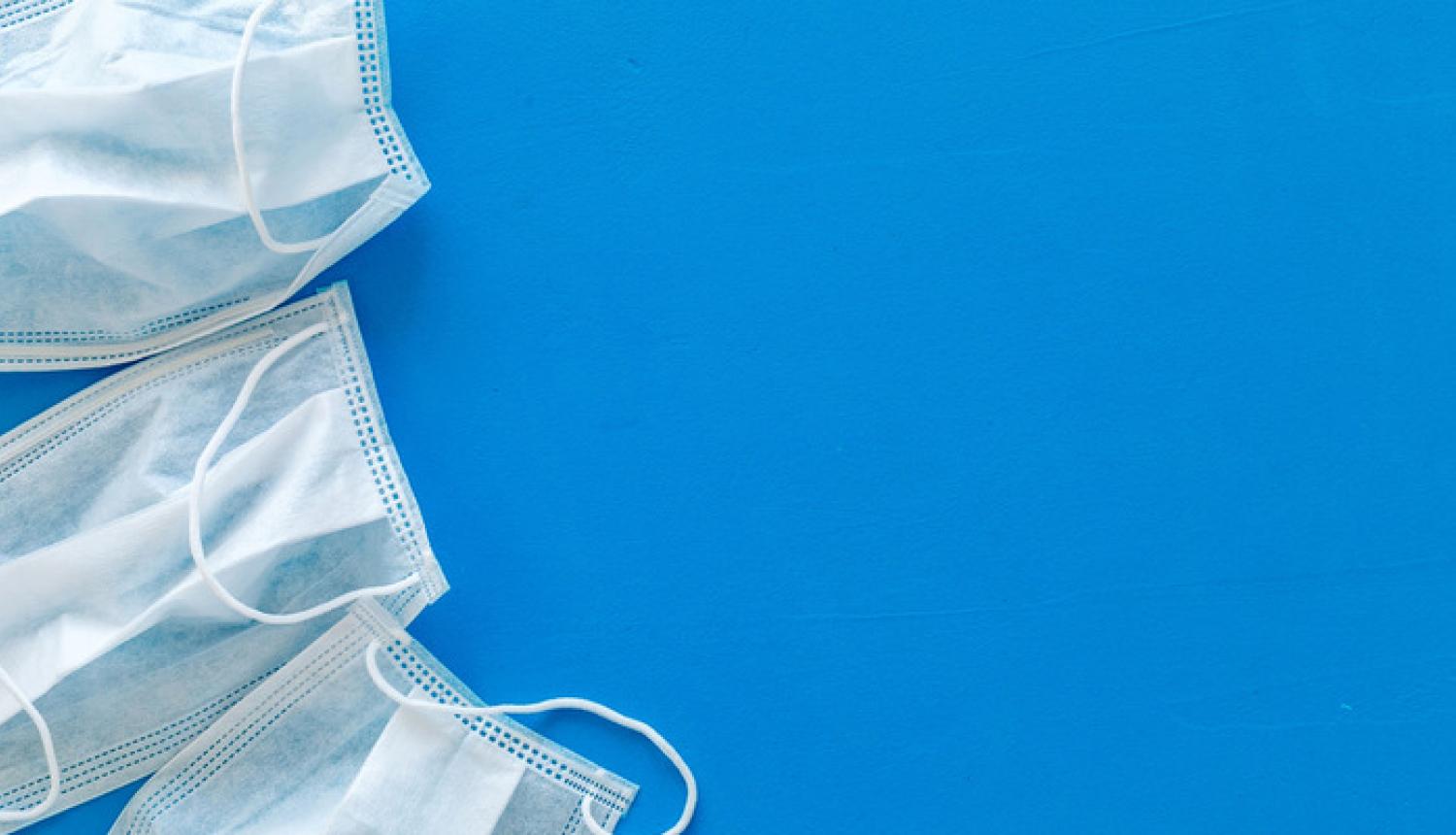The Cabinet of Ministers adopted important decisions, at its extraordinary meeting of 9 April, which facilitate the provision of medical devices and personal protective equipment, as well as set out new measures in the fields of education and control of the spread of Covid-19.
Based on the recommendations of the European Commission, the Order contains a new arrangement for the provision of medical devices and personal protective equipment to those involved in dealing with Covid-19 consequences in times of crisis. Other EU countries, such as Estonia, Spain, Germany, the Netherlands, have established similar arrangements.
With the entry into force of the draft Order, it will be possible to purchase, through procurements organized by public persons, personal protective equipment and medical devices, for which the conformity assessment procedure has not been initiated or fully completed and which have not been marked with the CE marking.
As regards the field of education, the learning process takes place remotely during the state of emergency, and the conduct of centralized state exams has been interrupted.
In May, local governments will also be able to use a state grant for free lunch to cater children from families in need, low-income and large families. The wording of the earlier version of the Order provided for that function only in April.
The Health Inspectorate, in co-operation with the State Police and municipal police, will further ensure strict control over self-isolation of persons with a confirmed Covid-19, whose state of health allows for treatment at home. The Centre for Disease Prevention and Control will transfer personal data to the Health Inspectorate, the State Police and the municipal police, or provide these authorities with the access to personal data so they can control the fulfilment of epidemiologists’ requirements, if necessary.
The State Police and municipal police will further have the right to search for contact persons and persons with a confirmed Covid-19 diagnosis, if necessary, as well as the right to forced bringing of individuals to the site of quarantine or actual place of residence if they do not comply with the requirements.
The requirements for self-isolation during performance of work duties are supplemented if the person does not have any signs of acute respiratory infection and the person has not been identified as a contact person. The self-isolation does not apply to the nationals of Latvia who return to Latvia after performing their duties in the territory of Lithuania and Estonia and to the nationals of Lithuania and Estonia who enter the territory of Latvia. However, these persons must ensure self-isolation outside their working hours.
When entering Latvia, the carriers will have to confirm in writing that they will ensure self-isolation and comply with other requirements. This statement will have to be submitted by carriers every seven days and must be presented at the request of the competent authorities when crossing the national border. The relevant carrier is responsible for the transfer of the completed personal statement to the State Border Guard.



